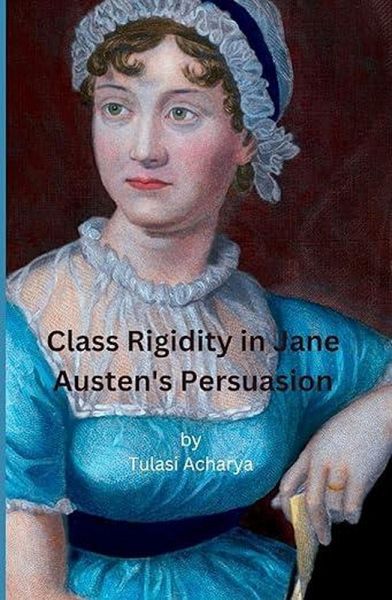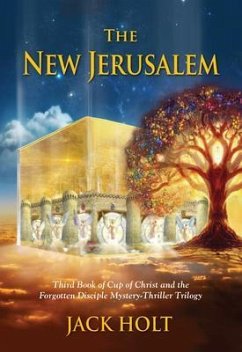
Class Rigidity in Jane Austen's Persuasion (eBook, ePUB)
Versandkostenfrei!
Sofort per Download lieferbar
4,99 €
inkl. MwSt.
Weitere Ausgaben:

PAYBACK Punkte
0 °P sammeln!
Class Rigidity in Jane Austen's Persuasion is my hypothesis that I have proved using the tools of New Historicism. New Historicism has become significant in the criticism of Medieval and nineteenth-century British and American literature, and it is making its way into the criticism of modernist literature and eighteenth-century literature as well. The role of New Historicists is to create a more cultural or anthropological criticism, one that is conscious of its own status as interpretation and intent upon understanding literature as part of a system of signs that constitute a given culture. L...
Class Rigidity in Jane Austen's Persuasion is my hypothesis that I have proved using the tools of New Historicism. New Historicism has become significant in the criticism of Medieval and nineteenth-century British and American literature, and it is making its way into the criticism of modernist literature and eighteenth-century literature as well. The role of New Historicists is to create a more cultural or anthropological criticism, one that is conscious of its own status as interpretation and intent upon understanding literature as part of a system of signs that constitute a given culture. Literary criticism and cultural critique are integrated, with the critic's role being to investigate both the social presence of the literary text in the world and the social presence of the world in the literary text. I have highlighted the social rules, codes, or norms articulated within the text because a critical reader must acknowledge their own predispositions and cultural biases while exploring how the multiple voices within a text are balanced, reconciled, or subverted. With a concern for questions of power and culture, I have demonstrated how Jane Austen is guided by the ideology of class-consciousness. To prove my thesis, I have examined the multiple voices of the characters, provided a detailed description of the text, and delved into the political and social situations as essential components.-- Tulasi Acharya
Dieser Download kann aus rechtlichen Gründen nur mit Rechnungsadresse in A, B, CY, CZ, D, DK, EW, E, FIN, F, GR, H, IRL, I, LT, L, LR, M, NL, PL, P, R, S, SLO, SK ausgeliefert werden.













